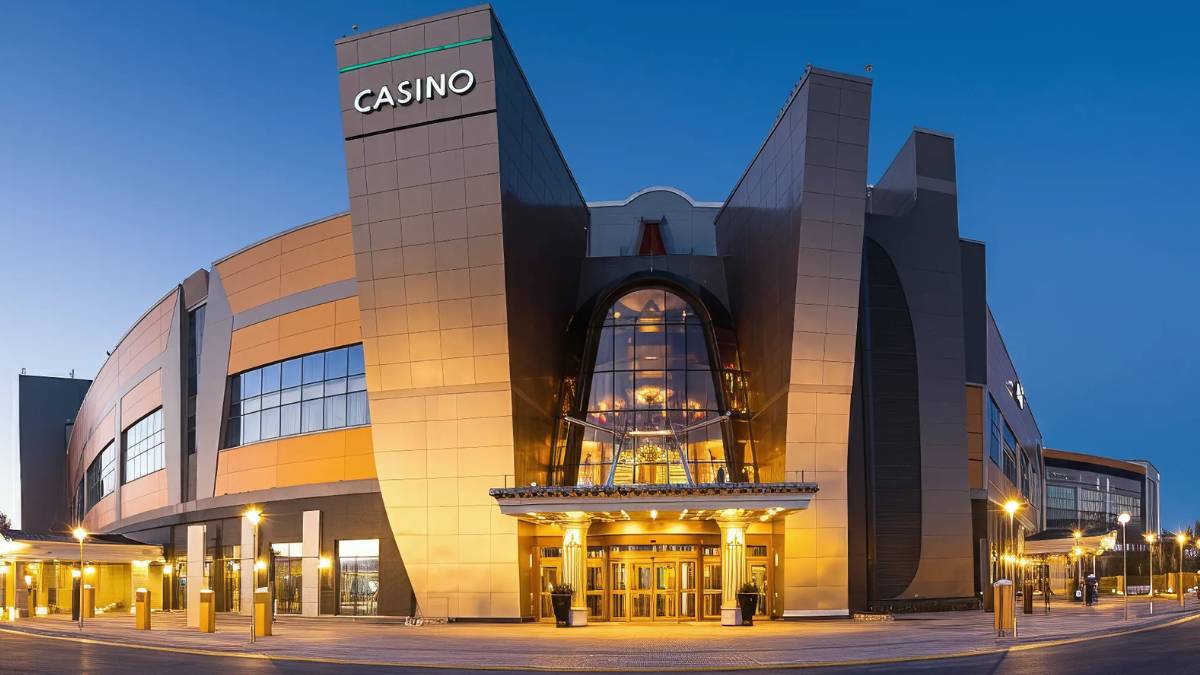The UK should be more enthusiastic about large infrastructure projects, the minister responsible for luring foreign investment has said, just weeks after Rishi Sunak cancelled half of the HS2 rail line.
Lord Dominic Johnson told the Financial Times that Britain needed to be “pro-infrastructure” and said too often with infrastructure projects “what you immediately hear are the negatives”.
His comments came after the UK prime minister axed the northern leg of HS2, which caused an outcry among some parts of the business community. Johnson insisted the move was “logical” because of cost overruns
The investment minister is leading a drive to market the UK to international investors who the government hopes will fund British infrastructure including wind farms.
A former vice-chair of the Conservative party, Johnson also co-founded investment company Somerset Capital Management alongside former business secretary Sir Jacob Rees-Mogg.
He said in an interview that in the UK “a large majority of people actually are not pro-infrastructure. Whereas if you went to another country and said ‘We are going to build all this amazing infrastructure’, they would be rejoicing.”
Johnson said the UK “should be really pro-infrastructure because without it, we’re not going to be able to grow and survive as a nation”.
The National Infrastructure Commission said investment in the UK economy had been the weakest in the G7 in the 40 years to 2019, contributing to the country’s “poor economic performance”.
A recent survey by business trade body Make UK showed that more than two-thirds of UK manufacturers believed the country’s infrastructure had deteriorated over the past decade.
Johnson said domestic investment “isn’t at a high enough level” — a problem the government was seeking to tackle by encouraging British pension funds to invest in a wider range of assets — and that the gap was being made up with foreign direct investment.
“People want to invest in the UK,” he said, citing the $2.7tn stock of FDI in the UK — a third behind the US and China.
Johnson is leading the government’s preparations for a global investment summit in London next month.
Ministers hope to draw more than 200 high-profile chief executives and financiers to promote investment in the UK, notably in the technology sector, and secure commitments from global funds.
“If we don’t become a science and technology superpower, what we’re left with is becoming a second-class, price-taking nation. So it is a crucial national endeavour,” said Johnson
Executives and politicians have voiced concern in recent months that the UK is not doing enough to attract and keep hold of tech companies, with Cambridge-based chipmaker Arm opting to list in New York over London.
Johnson rejected the suggestion that the US had built an unassailable lead over the UK, noting that SoftBank-backed Arm and others had continued to base their operations in the UK even after listing overseas.
He said he had “no issue” with businesses listing overseas to access capital but added that Britain could do more to attract companies to float in London and must have “a regulatory environment that is attuned to the modern age”.
Johnson has been part of Sunak’s efforts to restore the UK’s credibility with investors after the market turmoil sparked by former prime minister Liz Truss’s “mini” Budget last year. But some business groups have been dismayed by the cuts to HS2 and Sunak’s watering down of certain UK net zero measures.
“The British offering . . . is extremely stable and very predictable and Rishi Sunak has done a fabulous job over the last year . . . in projecting a sense of calm, responsible, measured, long-term government,” said Johnson.
He said the UK was doing more than just “handing money out to BMW, Tata, Stellantis, Port Talbot,” referring to recent instances of state aid related to electric vehicles or the electrification of manufacturing.
“It’s about a government that says: ‘We actually have a very clear plan’, we need to attract these key components to the table and then other things will flow from it,” he added.











